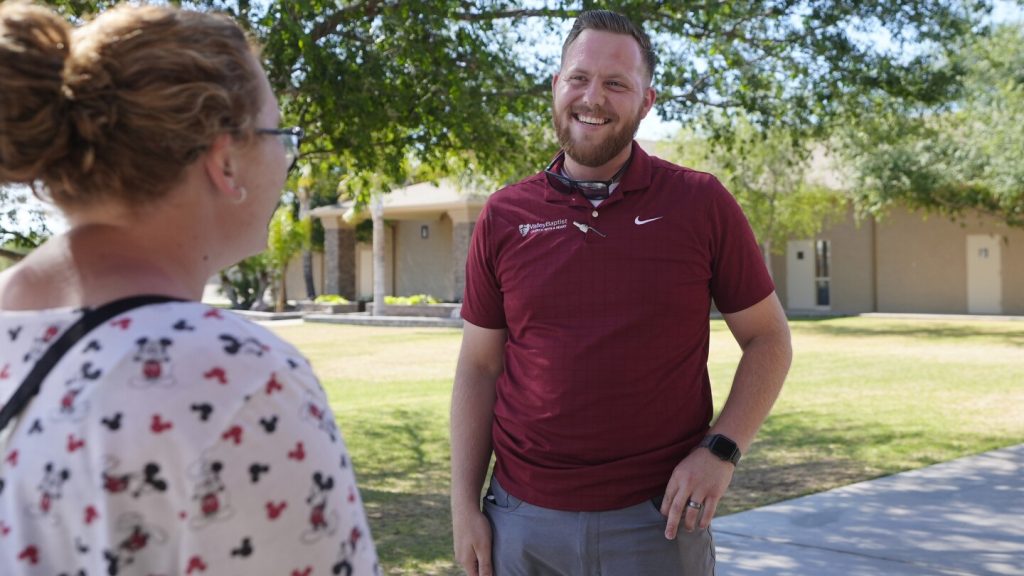Karl Peterson, a resident of Mesa, Arizona, has been struggling to achieve the middle-class promise of owning his own home. Despite the economic boom in the state, Peterson has faced escalating rent prices and diminishing living spaces. He has lost faith in both political parties, believing that neither Democrat Kamala Harris nor Republican Donald Trump are addressing the challenges faced by working-class families like his.
Many voters in Arizona are disillusioned with promises from both parties to “help the middle class,” as they have heard these commitments before without seeing significant improvements in housing, education, career opportunities, and other important aspects of their lives. Harris has proposed initiatives such as providing $25,000 for first-time homebuyers and tax breaks for new parents, while Trump’s campaign focuses on mass deportations of migrants as a solution for freeing up housing and creating job opportunities.
Despite the apparent wealth of the United States, voters like Peterson continue to struggle with inflation and economic inequality. While the average household net worth in the country exceeded $1 million in 2022, the median household net worth was significantly lower at $192,900. This disparity contributes to a sense of dissatisfaction among many Americans, who perceive themselves as falling behind despite the overall prosperity of the nation.
The economic landscape in Maricopa County, Arizona, reflects the complexities of the national economy. Despite significant job gains and booming real estate prices, residents of the county are facing challenges related to political divisiveness and uncertainty about the future. The population surge in cities like Phoenix has led to a mix of political beliefs and a shared frustration with government leadership, highlighting the diverse perspectives within the electorate.
As the 2024 election approaches, voters in Arizona are grappling with a range of concerns, from housing affordability to education and healthcare access. Individuals like Abel Ramirez and Samantha Lopez represent the diversity of opinions among voters, with Ramirez voicing skepticism about politicians’ commitment to working-class families and Lopez emphasizing the importance of federal government spending on education and healthcare.
The economic growth in Arizona has been marked by an influx of new residents and businesses, leading to increased wealth creation and inequality. The state’s economy has changed significantly due to the pandemic, with rising home prices and mortgage rates posing challenges for middle-class families. Despite advancements in areas like technology and industry, many residents feel uncertain about their economic prospects and the government’s ability to address their needs effectively.















